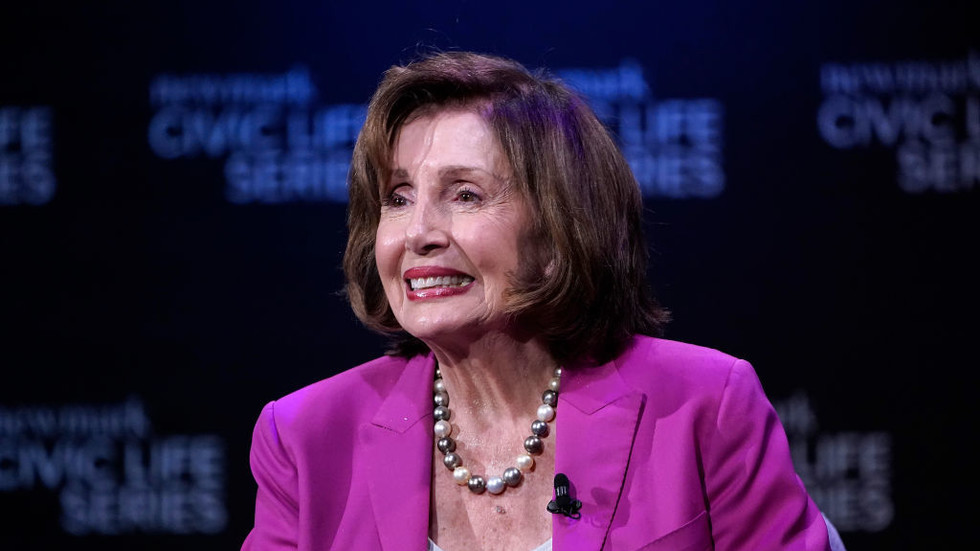Former House Speaker Nancy Pelosi may be on the verge of securing a historic 20th term in Congress, as recent reports from The Hill suggest that projections favor her reelection in California’s 11th Congressional District, which encompasses much of San Francisco. This comes amidst the backdrop of a contentious congressional election cycle occurring simultaneously with the presidential race, where all 435 House seats and 34 of the 100 Senate seats are being contested. As initial vote counts indicate, Pelosi has managed to capture over 80% of the votes, with 50% of the ballots processed. Pelosi, who made her congressional debut in 1987, holds the distinction of being the first woman to lead the House and is recognized as the longest-serving Democratic leader in Congress’s history.
In what is shaping up to be a politically charged season, Pelosi’s anticipated victory is underscored by her vocal criticism of former President Donald Trump. She previously urged incumbent President Joe Biden to step aside for the presidential race, resulting in Biden’s withdrawal and the rise of Vice President Kamala Harris as the Democratic candidate. Trump’s reemergence in the political arena complicates the dynamics as he celebrates wins in key battleground states that solidify his path back to the White House. Preliminary media projections indicate that Trump has crossed the crucial 270 electoral votes necessary for victory, intensifying the focus on down-ballot races, including Pelosi’s.
Pelosi’s opposition to Trump has been notably fierce; she infamously referred to him as a “snake-oil salesman” and likened him to “the creature from the Black Lagoon.” Her commitment to holding Trump accountable culminated in her leadership during the impeachment proceedings against him in his previous term. In recent media appearances, including book promotional events, Pelosi emphasized her determination to ensure that Trump “never steps into the White House again,” framing this as a personal mission. This longstanding enmity was underscored during Trump’s campaign speeches, where he branded her as an “evil, sick, crazy, horrible human being” and even suggested he would use harsher language to describe her, further illustrating the animus that has characterized their relationship.
As the electoral landscape evolves, the political battlefield grows even more complex. Reports from the latest vote counts indicate that the Republican Party has regained control of the Senate for the first time in four years. However, the outcomes in the House of Representatives remain uncertain, with numerous races still incomplete and too close to call. This uncertainty adds an additional layer of intensity to the election cycle, as both parties vie for control and influence over legislative agendas in the aftermath of the elections. The potential ramifications of these results could be profound, affecting policy directions and governance in the coming years.
Trump’s portrayal of Pelosi highlights a broader strategy within Republican circles to rally opposition against prominent Democratic figures. His labeling of her as “America’s enemy from within” echoes sentiments held by many within the Republican base and serves to galvanize supporters around a narrative of combating perceived threats from within the government. Pelosi’s stature as a high-profile Democratic leader positions her at the center of this narrative, making her a target for Trump’s rhetorical assaults as he navigates the electoral landscape.
As the dust settles on this election season, both Pelosi’s future in Congress and Trump’s potential return present significant implications for American politics. The unfolding developments will not only determine individual political careers but also shape the broader context of legislative priorities and partisan dynamics moving forward. With the stakes elevated in this election, it remains to be seen how these outcomes will impact governance and political discourse in the lead-up to the next congressional session. The evolving narrative around Pelosi and Trump serves as a reflection of the deep divisions and escalating tensions that characterize contemporary American political life, setting the stage for a tumultuous period ahead.

